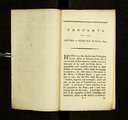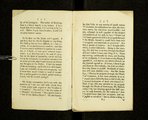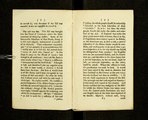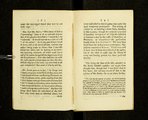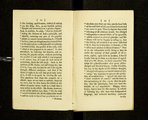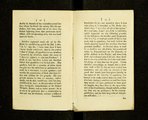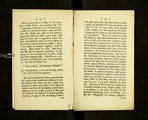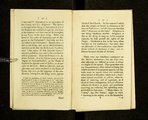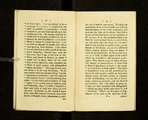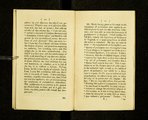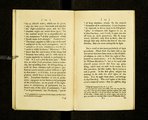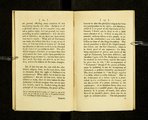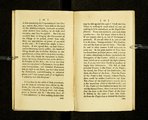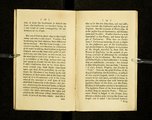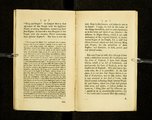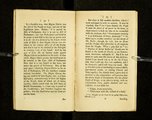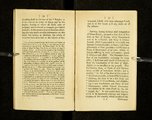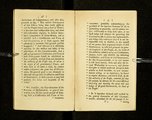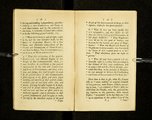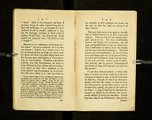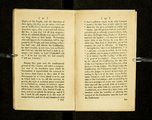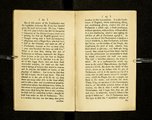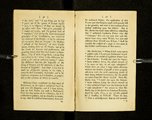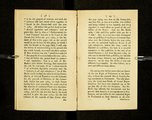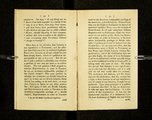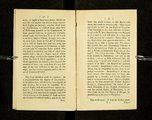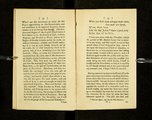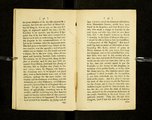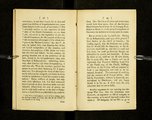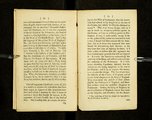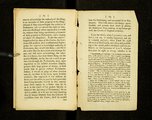| Title |
Thoughts on the letter of Edmund Burke, esq; the sheriffs of Bristol, on the affairs of America. |
| Call Number |
E211 .B942; Record ID 99192190102001 |
| Date |
1777 |
| Description |
Lord Abingdon's response to Edmund Burke's letter, criticizing Burke for not being forceful enough in opposing the suspension of "habeas corpus" for the American colonies, arguing that such attacks on the colonists' liberties might eventually be applied to citizens in England. |
| Creator |
Abingdon, Willoughby Bertie, Earl of, 1740-1799. |
| Subject |
Burke, Edmund, 1729-1797; United States--Politics and government--1775-1783 |
| Type |
Text |
| Format |
application/pdf |
| Language |
eng |
| Spatial Coverage |
United States; Great Britain |
| Collection Name |
Rare Books Collection |
| Holding Institution |
Rare Books Division, Special Collections, J. Willard Marriott Library, University of Utah |
| Rights |
http://rightsstatements.org/page/NoC-US/1.0/ |
| Scanning Technician |
Ellen Moffatt |
| ARK |
ark:/87278/s6vb2bw8 |
| Setname |
uum_rbc |
| ID |
1324000 |
| Reference URL |
https://collections.lib.utah.edu/ark:/87278/s6vb2bw8 |


